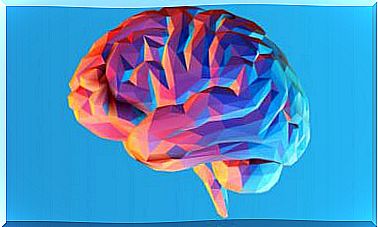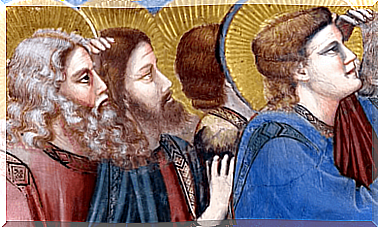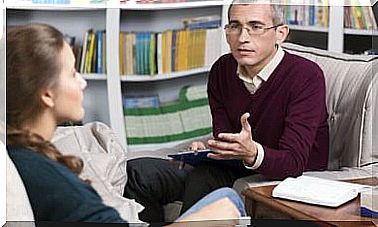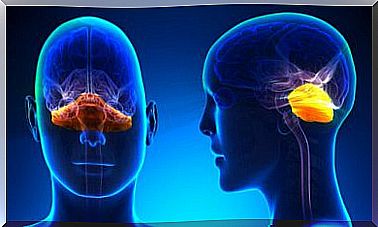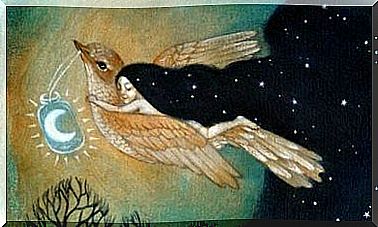The Moving Myth Of Cassandra
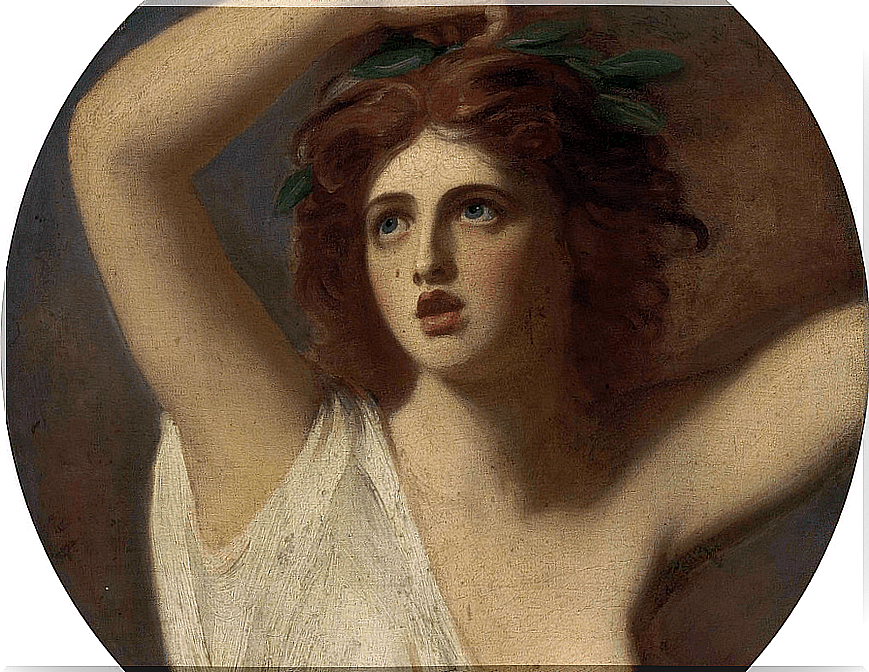
The myth of Cassandra is another of those fantastic stories that the Greeks bequeathed to us and that allow us to know a little better the nature of the human being and of culture. As is often the case with these stories, there are several versions and each of them is, in one way or another, fascinating.
In the two main versions of the Cassandra myth it is said that she was the daughter of Priam and Hecuba, two noble Trojans. One of the stories says that he was born together with a twin brother , named Héleno. The parents had a great feast in the temple of Apollo and at the end of the day they forgot the children and left them there all night.
The next day, they noticed their mistake and went back to the temple to collect them. When they got there, they saw that two snakes slid down their bodies, passing mainly over the organs linked to the senses .
It was a magical fact that purified them and gave him a gift: that of prophecy. The parents screamed and the snakes left.
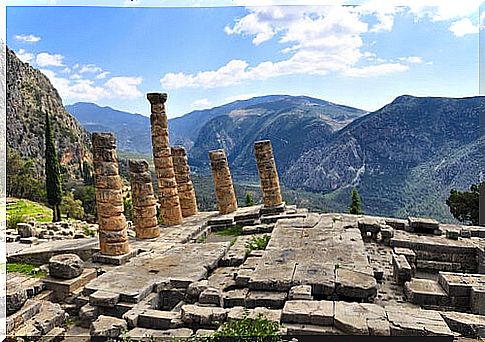
The most popular version of the Cassandra myth
The most popular version of the Cassandra myth tells a different story. Dice was an only child and also uniquely beautiful. Thus, Apollo, who was the god of the sun, fell in love with her as soon as he saw her. On the other hand, she frequently went to his temple to ask him to grant her some gift.
In love, Apollo made him a proposal. He would grant him the gift of prophecy , if in return Cassandra would marry him. She could clearly see future events, as long as she kept the pact.
The girl accepted and Apollo granted her the gift of clairvoyance. However, once the gift was obtained, she no longer wanted to do her part.
The Cassandra myth says that Apollo went into a rage. Disgusted and wounded by the affront, he appeared to her in a dream and spat into her mouth. With that gesture, Cassandra kept the gift of clairvoyance, losing the gift of persuasion. In this way, she would be able to see what was going to happen in the future, but no one around her would pay attention or believe her predictions.
The tragic gift
The myth of Cassandra then raises the paradox of having a gift, but not counting on the possibility of taking advantage of it. This contradiction is especially evident at two moments in the history of Troy.
She managed to foresee that Paris would bring ruin to the kingdom and she made it known, but no one believed her. It is said that when he was going to make his predictions, Apollo took possession of his body, causing him to suffer convulsions.
When Paris arrives with Helen of Troy, Cassandra warns of the great evils that will ensue from that fact. However, no one listens to his words.
Likewise, she is adamantly opposed to the famous wooden horse entering the city. She knew of its content and wanted to avoid tragedy, but was not listened to. That was his curse.
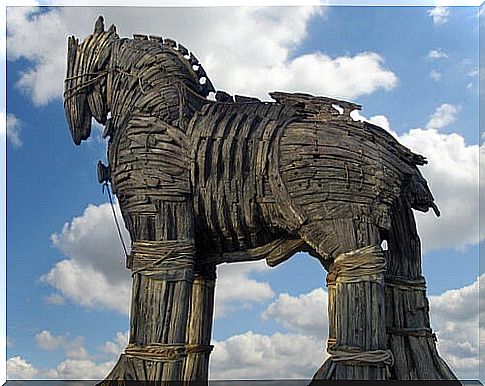
The end of Cassandra
According to the Cassandra myth, the Achaeans, who had invaded Troy using the famous wooden horse, began a merciless plunder. Cassandra was captured as spoils of war. They gave her to King Agamemnon, who fell in love with her . With him she lost her virginity, giving her a pair of twin children.
Agamemnon decided to return to Greece and Cassandra had a vision in which her death and that of her husband were clearly presented to her. He fervently asked him not to make that trip, to no avail in his attempts at persuasion. When they reached their destination, Agamemnon’s official wife, Clytemnestra, killed them both, despite the fact that she also had a lover.
The French philosopher Gastón Bachelard postulated the Cassandra Complex theory. He thought that typically feminine aspects, such as intuition and imagination, are systematically ignored by culture. The psychoanalyst Melanie Klein, for her part, points out that the Cassandra myth represents human morality: it warns us of the consequences of unethical acts that are often ignored.
For her part, Jungian psychologist Laurie Layton Schapira points out that we all manage to identify, in one way or another, what will hurt us in the future. However, we choose not to pay attention to it and we march meekly towards our own misfortunes.

